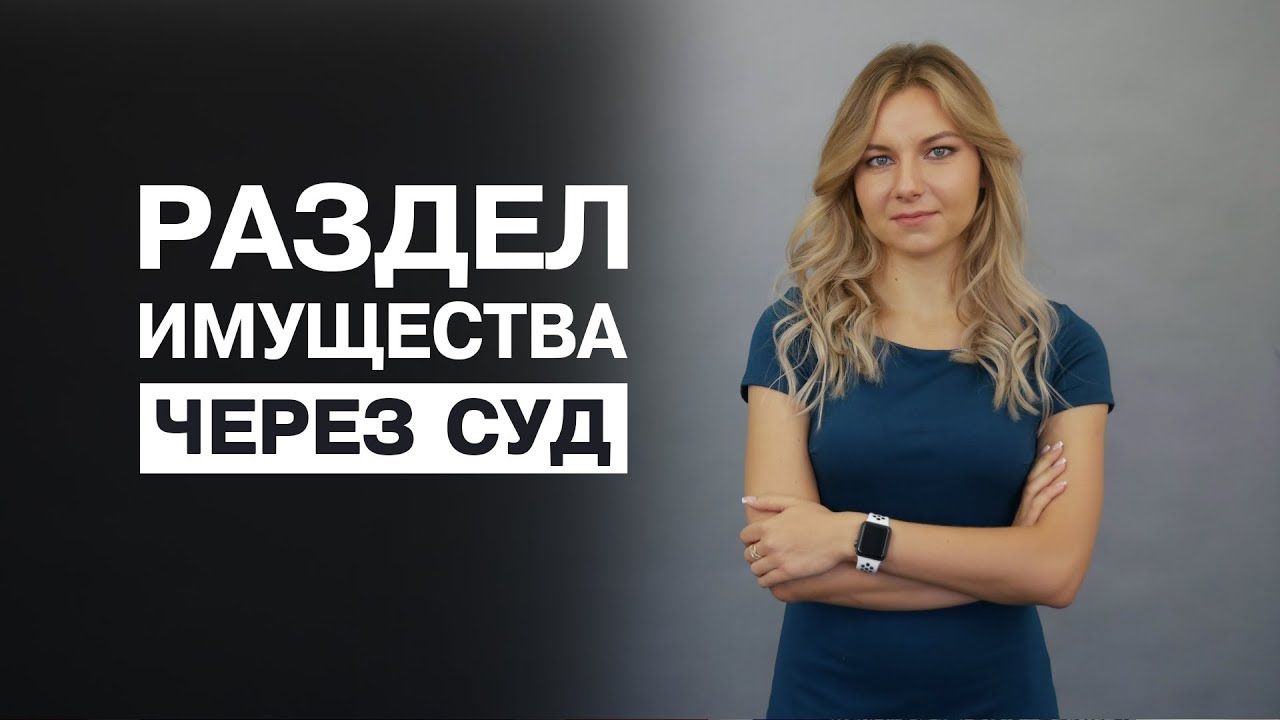Procedure for disputing the fact of paternity
If the fact of paternity is in doubt, a genetic test can be carried out to establish the presence or absence of blood relation between the father and the child. If the parents do not reach a mutual agreement, one of the parties has the right to contest paternity in court. The statute of limitations does not apply to the procedure for disputing paternity.
To apply to the court, you must gather solid grounds for doubting paternity:
- if at the time of conception the father was in another city or abroad, provide copies of tickets, hotel bills, business trip certificates;
- circumstantial evidence of the mother’s infidelity – photographs, correspondence with another man.
The judge makes a decision based on witness testimony, written confirmations, and other material facts in the case. The most important argument is the conclusion of a forensic molecular genetic examination establishing paternity.
Assistance from the “Nakaz” lawyers
The services of a competent lawyer will be needed by the plaintiff if the defendant is categorically opposed to establishing paternity. An experienced lawyer will be able to properly formulate and file the application to the court, collect the necessary evidence base, and obtain a court decision.
The law firm provides assistance in disputing paternity:
- advising clients about the chances and possibility of disputing paternity;
- collecting certificates and documents proving the need to conduct an examination;
- filing a lawsuit challenging paternity in court;
- representing the client in court;
- keeping the client informed about the progress of the case.
Who can contest paternity?
The right to contest paternity belongs to a person recorded as the child’s father voluntarily or on the basis of marital relations. A man may file a lawsuit under Article 136 of the Family Code if:
- he was married to a woman who gave birth to a child during the marriage or within 9 months after divorce;
- he married a pregnant woman;
- his wife gave birth to a newborn within 10 months after the termination of a previous marriage;
- he registered the child in his name on his own initiative.
The following persons have the right to file a court application to contest paternity:
- the biological father — a man who was not married to the mother of the child but has evidence of a relationship with her;
- the mother — may file a claim within the first year of the newborn’s life; in certain cases the limitation period may be extended if there are serious reasons;
- relatives of the father — in the event of the father’s death, his parents, brothers, sisters, and other relatives whose interests are affected by the fact of paternity may file a lawsuit;
- guardians — if they become aware of the fact of false paternity;
- children who have reached adulthood.
- Consequences of successfully contesting paternity
After successfully contesting paternity, the former father loses all parental rights regarding the children for whom the examination was conducted:
- the record of paternity is removed from registration records, the child’s birth certificate, and the man’s passport;
- the father is released from paying alimony for the child and his incapacitated mother;
- he is relieved of moral and financial obligations associated with raising and supporting the child;
- the parent is not held responsible for the actions of the minor for whom he is not a father;
- the children’s right to inherit the father’s property is excluded.
The former father cannot demand to change the child’s surname, first name, or patronymic. Under Ukrainian law, every person has the right to independently decide which name to use.
When is it impossible to contest paternity?
The court will refuse to contest paternity in cases where:
- the child has died;
- the child has not yet been born (is in the mother’s womb), or has not reached 10 months of age;
- the children whose paternity is in doubt have reached adulthood — in this case only voluntary establishment of kinship is possible; a court decision will not have legal force;
- the family used artificial insemination services or used donors’ genetic materials;
- the man at the time of registration was aware of and agreed that the child was not his son or daughter.
Advantages of working with us:
- a comprehensive approach to solving the problem — full support from consultation to obtaining the court’s verdict;
- high quality of service — the client’s interests are always first;
- competence — our staff includes specialists with various competencies and areas of expertise;
- qualified support — all information provided by the lawyers is verified for accuracy and relevance;
- optimization of the timelines for resolving the issue — specialists do everything possible to expedite the procedure for establishing paternity.












